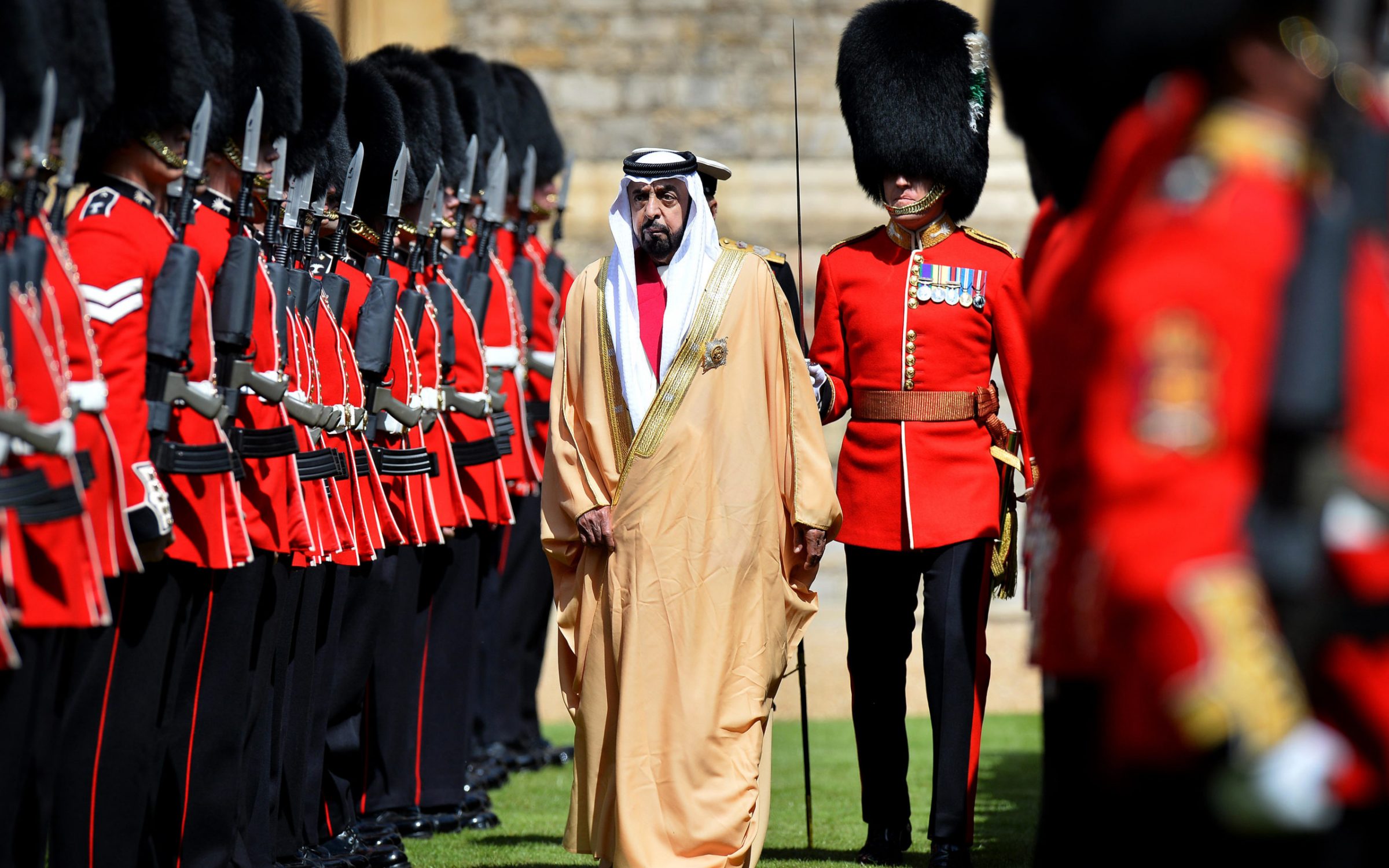COP26 in Glasgow brought into sharp focus the ability of governments to come together for the common good. The world has become more polarised and disunited, and Western leadership, once thought to be an essential ingredient in international cooperation, has become weaker. The US is undergoing a crisis of confidence and indeed there is a power vacuum in some parts of the world, like the Middle East, where everyone traditionally expected the Americans to give a lead.
Problems affecting the whole world, like the Covid-19 pandemic and climate change, have a clear lesson: either we find better ways to co-operate or catastrophe will strike. We need better international organisations, in which nations other than Western ones, step up and play a prominent role. The balance of power in the world is passing from West to East. We can only achieve great global goals by greater unity. Organisations that perpetuate the polarisation between regions of the world are no longer fit for service.
We are beginning to move in the right direction. Yet the West still largely monopolises the leadership of international organisations. The G7 has no African representation and the G20 has only one African member state – South Africa, despite Africa heading towards hosting a fifth of the planet’s population. The headquarters of all the major international organisations are located in Western countries. I should perhaps mention one exception that might soon become a major organisation, and a key to the world’s survival: IRENA, the International Renewable Energy Agency, which was set up twelve years ago in Abu Dhabi.
The COP meetings on climate change are beginning to show that a diverse and more inclusive leadership can make a real difference towards addressing global issues. They have broken out of the old western-dominated mold. COP 27 will be in Egypt and COP 28 in 2023 will be in Abu Dhabi. As someone who has worked in the Middle East for the best part of five decades, it is gratifying to see some Arab states assuming more responsibility and seeking to play a constructive role in international fora.
As an example, Saudi Arabia hosted the G20 two years ago, the first time that an Arab country had hosted an international forum. The UAE has demonstrated its commitment to international affairs. The country played a vital role in assisting in the evacuation from Afghanistan, by providing their airfields and humanitarian assistance to the Americans and others. This was not a moment that the Western powers can be proud of, but had it not been for the quiet assistance of Arab states, the mess in Kabul would have been very much worse.
The UAE has been active diplomatically in recent months in reaching out to the regional powers, like Iran and Turkey. This dialogue has extended to others like Tunisia and Libya. It is fitting that their diplomatic role in the region has been recognised through their election to serve on the UN Security Council in the period 2022-23. I must also mention that the UAE has been demonstrating their soft power too, hosting Expo 2020 in Dubai, which was delayed a year because of the pandemic.
In confirmation of the UAE’s commitment to international organisations, Maj Gen Ahmed Al-Raisi has just been elected the next President of Interpol, the first time that an Arab official has been chosen for this role. It is proof of the UAE’s ambition and its capabilities within international forums. We have witnessed in the past few months a good deal of sniping in Western countries at the Emirates and other Arab States, for example over the recent COP 26 climate conference and indeed over the Abu Dhabi candidature for Interpol President. The West will not do any good by maintaining its critical attitude towards countries who are emerging to take on the responsibility of tackling global problems and playing a constructive part in regional diplomacy.
The clear lesson of recent years is that we need more non-Western leadership if we are to get over the current dangerous phase of polarisation and nationalism. International organisations must be more inclusive and give more responsibility to new regional players. Countries such as the UAE should be recognised as having stepped up to the mark.
Anthony Harris is a Former British Ambassador to the UAE




